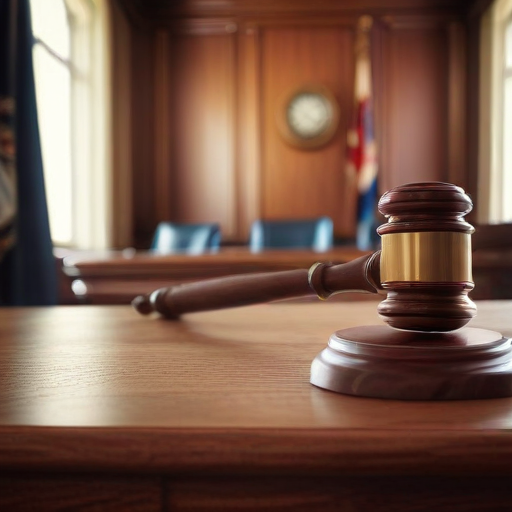SPRINGFIELD, Ill. — The Illinois Supreme Court has overturned the conviction of actor Jussie Smollett, who was found guilty of fabricating a racially and sexually motivated attack on himself in January 2019 and subsequently lying to law enforcement. The court ruled that Smollett should not have faced renewed charges after initially reaching a deal with prosecutors, which included the dismissal of charges in return for forfeiting a $10,000 bond and performing community service.
Smollett’s situation sparked significant media attention when he claimed that he was assaulted by two men who used racial and homophobic slurs. Following extensive investigations, Chicago police concluded that Smollett had orchestrated the incident, leading to charges against him after a special prosecutor was appointed. The Supreme Court’s unanimous decision focused on the principle that agreements made in legal settings should be honored to maintain trust in the justice system.
Justice Elizabeth Rochford emphasized the importance of respecting such agreements, stating that undermining them would be more unjust than the original case’s resolution. Smollett continues to assert his innocence, as do his legal representatives, who expressed relief at the ruling while calling for reflection on the circumstances that led to the case’s complications.
While some legal officials have expressed disappointment in the court’s outcome, they maintain that it does not negate the evidence against Smollett nor his original conviction for five counts of disorderly conduct. Critics of the original prosecutorial decisions underscore the challenges of judicial discretion and public perception, highlighting a balance that must be struck within the legal system.
This case’s unfolding continues to pose questions about the justice process and the implications of public pressure on legal outcomes. As Smollett looks to move forward, this high-profile saga serves as a reminder of the complexities inherent in the intersection of celebrity, race, and the legal system.
The conclusion of this lengthy legal battle provides an opportunity for all stakeholders to reflect on the judicial system and advocates for ensuring that prosecutorial processes are respected and adhered to, paving the way for a more transparent and fair legal landscape in the future.
